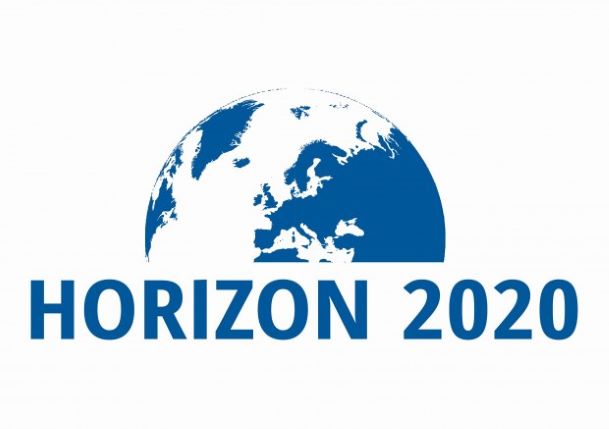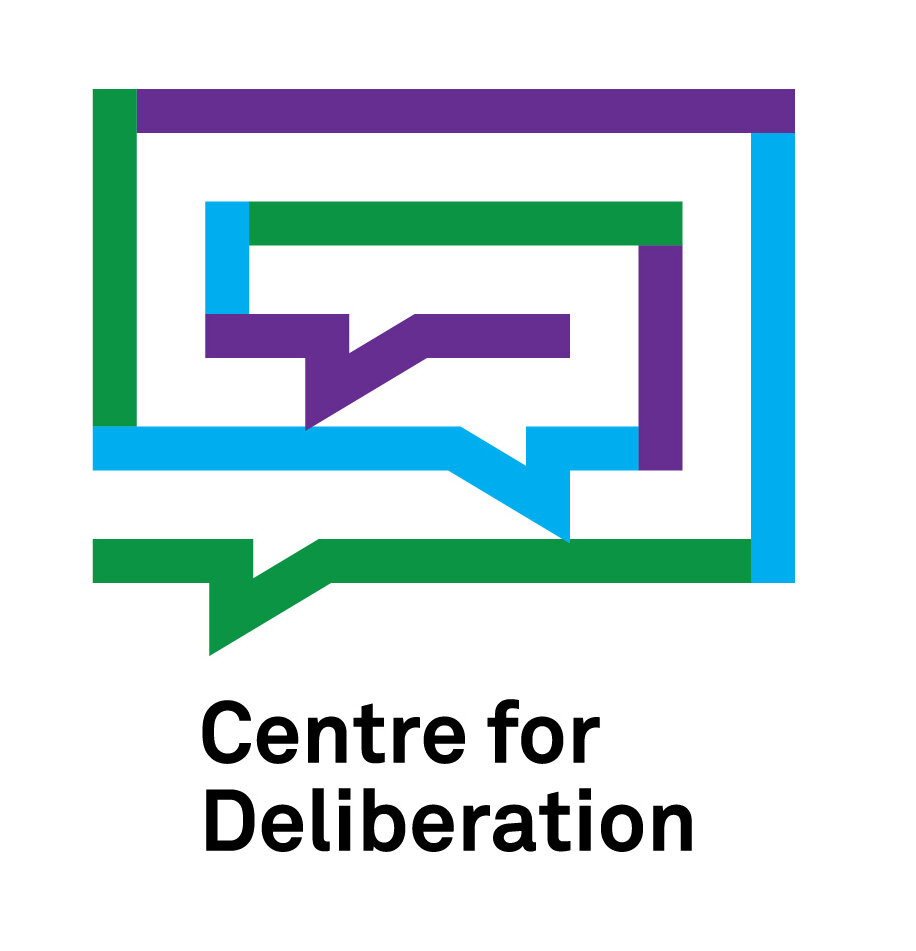Research projects
Current research and projects
EUComMeet – Developing Participatory Spaces using a Multi-stage, Multi-level, Multi-mode, Multi-lingual, Dynamic Deliberative approach
Grant-awarding entity: European Commission

ABSTRACT
The EUComMeet project explores under what conditions deliberation and representation can be an effective answer to the challenges faced by liberal representative democracies. To this end, EUComMeet:
- experiment with ways to systematically embed practices and deliberative institutions in the European Union’s multi-level system of governance and representation;
- explores how debate and participation can help reduce polarisation, strengthen European identity, encourage social inclusion, foster citizens’ reflectivity and reduce the gap between policy makers and citizens.
To meet these two goals, EUComMeet:
- It will bring together a consortium of nine partners composed of leading academic experts and organizations with extensive experience in deliberation and participation practices in Europe; methodological experience of third parties and a wide range of societal actors and stakeholders.
- Adopt a proactive research strategy to develop viable solutions to improve democratic practice in three steps:
- Drawing conclusions (understanding phase);
- Bridging the gap (connection phase between understanding and designing participatory spaces);
- Make it happen (i.e. the implementation of events based on the proposed project).
- Contribute to the area of democracy research by building links with decision makers/policy makers to design original Participation Spaces that involve citizens, decision makers and stakeholders throughout the project. Participation Spaces will be based on the innovative M4D2 (multi-stage, multi-level, multi-mode, multi-lingual and dynamically debating: Multi-stage, Multi-Level, Multi-Mode, Multi-Lingual and Dynamic Deliberative) conceived as flexible, interactive, easy to use and scalable model for debating process, integrated with innovative technology related to automatic moderation and automatic translation into many languages to be implemented in 5 countries (France, Germany, Ireland, Italy and Poland).
